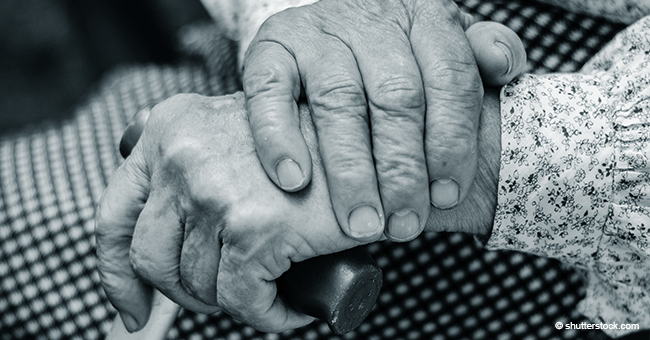
Hidden Threats for Seniors Living in Special Care Facilities Cause Suicide and Depression
Deciding to put a loved one in a special care facility is a hard choice to make on its own. Now it has been revealed that such facilities are not necessarily as safe as one might think.
According to a research article, elderly people living in these homes face the danger of going into depression and committing suicide.
INVESTIGATING DEPRESSION AND SUICIDE IN THE ELDERLY
Special correspondent Cat Wise worked with Kaiser Health News to report on how families and long-term care facilities are struggling to understand and manage the risks of elderly people falling into depression and committing suicide.
FATHER FORCED INTO A LONG-TERM CARE FACILITY
Jane Davis shared her story about her father Roland Tiedemann. She described him as “a lifelong outdoorsman, a hiker, skier,” and “a member of the Forest Service.”
He taught her how to love the outdoors as well, however, in 2014, his health began to take a downfall. Tiedemann contracted shingles and his wife, Mary, fell while caring for him, breaking her back.
She was later diagnosed with dementia and Davis made the choice to put them into a long-term care facility. Davis’ father didn’t handle the move well and struggled with being in a confined “space where he didn’t have a voice” anymore.
NOT COPING ANYMORE
In 2018, he was 89-years-old and set to move to another long-term care facility for the third time because of financial constraints. Tiedemann “locked his door at his nursing home in Wenatchee, Washington, and jumped to his death from his fourth-floor window.”
Having lived close to the facility, Davis struggled with driving by and decided to move to Colorado with her daughter Jayna. Julie Rickard works as a psychologist at Parkside Mental Health in Wenatchee, a crisis stabilization center.
In 2012, she founded the Suicide Prevention Coalition of North Central Washington after suicides started spiking “mostly among young people.” After Tiedemann’s death, she started questioning the type of care given at these facilities.
LIVING IN A CARE FACILITY CAN INCREASE THE RISK OF SUICIDE
Rickard explained that “The risk [of suicide] is elevated for up to eight months after transitioning to a long-term care facility.” However, data showed that suicide risk at special care facilities wasn’t different from when seniors lived on their own.
JoNel Aleccia, a reported from Kaiser Health News noted:
“A third of the people who are living in long-term care centers have suicidal behavior, either suicidal thoughts or attempts. And we found that about half of the people have been reported to be depressed.”
HOW ELDERLY PEOPLE CAN BE HELPED AT THESE FACILITIES
What was found in this research was that support and care were required to help the elderly acclimate to their new environment. The reporters suggested “pairing people who are not adjusting well with those who are to help them reconnect and reengage with the community.”
It’s also critical that suicide prevention and mental health protocols are put in place in these facilities.
WHAT IS DEPRESSION?
The “Help Guide” described depression as a “common and debilitating mood disorder.” The illness changes how one thinks, feels, and functions on a daily basis.
It tends to come with “feelings of helplessness, hopelessness, and worthlessness.” These feelings can be quite “intense and unrelenting,” seeming to have no end.
GETTING HELP
If you suspect a loved one might be depressed or suicidal, please reach out for help.
The National Suicide Prevention Lifeline is 1-800-273-8255. Other international suicide helplines can be found at befrienders.org.
The information in this article is not intended or implied to be a substitute for professional medical advice, diagnosis or treatment. All content, including text, and images contained on news.AmoMama.com, or available through news.AmoMama.com is for general information purposes only. news.AmoMama.com does not take responsibility for any action taken as a result of reading this article. Before undertaking any course of treatment please consult with your healthcare provider.
